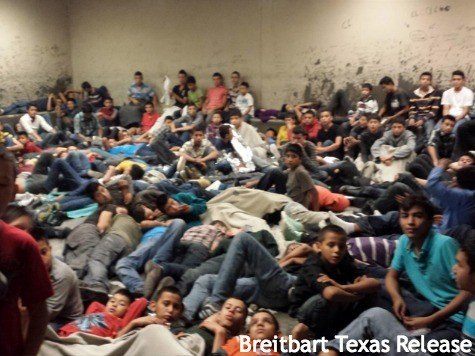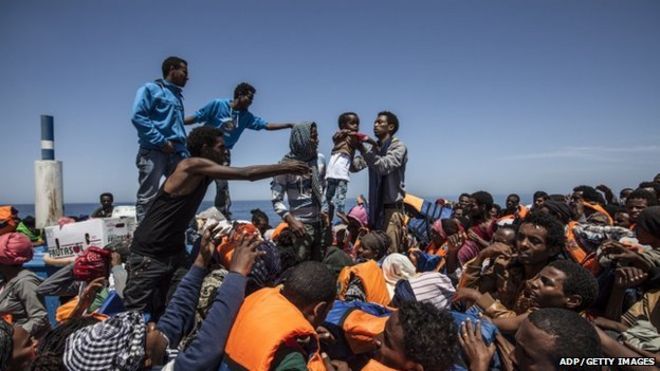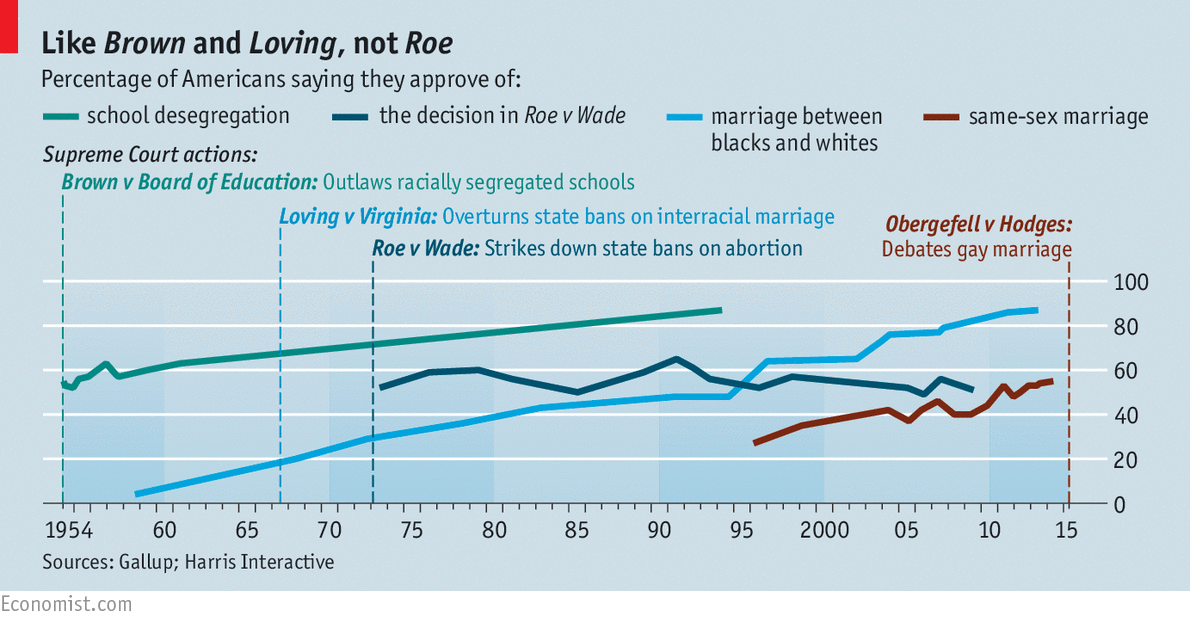I grew up living in a lower middle class neighborhood in Los Angeles, and I think it was an amazing place for a kid to live at the time.
I moved to Los Angeles in 1945 at the age of eight, and lived there until 1959 when I graduated from UCLA. My father had been transferred from his job in Massachusetts to the new Rexall Drug Company office in Los Angeles. The company would later be renamed Dart Industries. My parents were immigrants, Dad from Ireland and Mom from England. Mom did not work, at least for the first few years in Los Angeles, and Dad was in administrative posts in the company headquarters.
Mom and her sister had come to the USA in the 1920s and worked in the household of
Ambrose Clark. He had inherited a fortune made from the Singer Sewing Machine Company. She left that work when she married Dad. Every once and a while she would tell stories about the Clark household -- their traveling in their five privately owned railroad cars from their New York compound to their South Carolina mansion, or their taking the entire first class of an ocean liner to travel from the USA to England so that not only family members but also maids and valets could have first class cabins.
My aunt returned to England, but she and her husband returned the USA after the war; then they worked as English servants in the homes of wealthy families. As I remember, one home was that of
Paul Mellon in the Virginia hunt country. In the 1950s they moved to Los Angeles where they worked for movie producer
William Goetz and also for the director/producer/writer
King Vidor. I remember visiting my aunt and uncle as a kid when the Goetz family was out, wondering around looking at their multi million dollar collection of French impressionist paintings. Normally my aunt and uncle's relationship to the members of the household and guests must have been very correct, but I recall the became friends with
Danny Kaye who apparently treated everyone alike.
Mom would occasionally help with catering for a big event at one of the households, and eventually was convinced to work part time at the home of
Shepard Mitchell and Ruth Wattis Mitchell. He was a named partner in a Beverly Hills law firm; she was a sculptor, daughter of one of the founders of the
Utah Construction Company. I recall that my senior year in college I was a finalist for a fellowship to Cambridge University, but the other finalist won; the Mitchells then offered to pay transportation, living and all other costs for me to get a graduate degree at Cambridge -- nice people! (I went to U.C. Berkeley as a teaching assistant.)
For a part of Dad's working life he was manager of the building occupied by his company's central offices, but also the Screen Actors Guild. As a result he became friendly with
George Murphy (later Senator Murphy) and
Ronald Reagan. On Reagan's request, Dad helped set up the Los Angeles campaign office for Reagan's first campaign for governor of California.
Justin Dart, the president of the company for which Dad worked, became one of the "kitchen cabinet" of advisers to President Reagan. Dad's direct boss and good friend at the company once told me I should look up
his old friend since I was working in Washington -- the old friend was
Senator Jesse Helms! (I never did.)
 |
Dean Stockwell and Margaret O'Brien
in The Secret Garden (1949) |
Our next door neighbors were the Stockwells. There were two sons,
Dean and
Guy; Dean was about my age and Guy a few years older. Both were child actors, and both went on to have long acting careers as adults. Since Dean and I were friends, I got to meet and play with other child actors such as
Margaret O'Brien and
Claude Jarmen Jr. I also got to meet a few adult actors, such as
Lionel Barrymore and
Alan Ladd. The parents were divorces. Guy and Dean's father was
Harry Stockwell, a broadway singer/actor who lived in New York. Harry would visit his son's from time to time, and I recall one visit when he discovered my parents had never seen the Broadway musical, Oklahoma. (Harry starred as Curly in the original Broadway production.) So Harry stood in our living room and without instrumental accompaniment sang the libretto for us!
 |
Michael Tilson Thomas, Ingolf's student
conducting works by Ingolf Dahl |
One of my friends from primary school on was
Anthony Linick. His book,
The Lives of Ingolf Dahl, is basically a biography of his stepfather, Ingolf, but it also covers a lot of my Los Angeles childhood since Ingolf served as our leader on many camping and climbing expeditions. Ingolf and his wife had a huge collection of friends from
Gertrude Lawrence, to Benny Goodman, Leonard Bernstein, and Igor Stravinsky to Thomas Mann. But Anthony's mother also had friends of her own, such as her college friend,
Ralph Bunche who was the highest ranking U.S. citizen in the United Nations at the time and a Nobel Peace Prize winner.
Anthony's father was for a time the director of the script department at MGM -- think of the people he must have known. (Incidentally, Anthony's complicated parental roster included Professor and Dr. Dahl and Dr. and Dr. Linick.) While I didn't meet a lot of Anthony's parents friends, I did get told the story of the Ring Cycle on a camping trip, and great names came up in conversation from time to time.
 |
| Primo Carnera |
Anthony. in his book, points out that
Primo Carnera lived in our neighborhood. The former world heavyweight boxing champ also went to the church my family attended. I remember shaking hands with him and seeing my fairly large hand disappear in his huge mitt. Paul Richards, another friend my age, lived down the block, and
his dad was a gold medal Olympic high jumper.
A lot of my friends from secondary school went on to get doctorates in one field or another. Special note might be made of Gordon Hughes, the smart kid in our high school class who seems to have gone on to invent the hard drive technology used in this and most other personal computers;
read his book. Mark Davis, who lead our ROTC unit and was the best shot on the all city rifle team, went on to head key departments in one of the government research labs.
By the time we got to college, Anthony Linick brought new friends into our circle, notably Don Factor (son of makeup magnet Max Factor),
Paul Glass (son of movie producer
Gaston Glass), and
Fred Myrow (son of composer
Josef Myrow). Another friend introduced me to Herb Siegel who became a close friend; Herb's wife was a student of
Corita Kent,
Peter Voulkos and
Richard Diebenkorn. Herb and Sue later introduced me to their friend
Harris Wolford (a Kennedy staffer, early Peace Corps official, and eventual U.S. Senator.)
 |
Luana Anders, Dennis Hopper and Peter Fonda
in Easy Rider |
Of course, there were lots of other actors around. I went to high school with
Luana Anders, who was more of a friend of a friend than a close friend of mine. She eventually was in lots of movies (e.g.
Easy Rider and Francis Ford Coppola's
Dementia 13). Luana starting out got a messenger job, and once convinced a fellow messenger that he ought to go along with her to Jeff Cory's acting class; her messenger friend was
Jack Nicholson.
College exposed me to people with different interests, although my closest friend in engineering school, John Fielding, is the son of the man who had his 15 minutes of fame as "
Ellsberg's Psychiatrist".
Paul Baran, the inventor of packet switching (one of the key technologies underlying the Internet) got his masters degree from UCLA the same year I got my bachelors degree from the same small department in the engineering school.
Vint Cerf is a little younger than I, and didn't get to UCLA until after I had left. (I didn't get to know him and
Bob Kahn, his co-inventor of the Internet, until much later.) It should be clear that UCLA's computer team in the engineering school was something special at the time.
Myron Tribus was one of the professors who made an important impression on me; he was one of the original operations researchers in World War II, went on from UCLA to a position of Assistant Secretary for Science and Technology in the Department of Commerce (serving as the
de facto science advisor to the president at the time), and also had important academic administration positions at Dartmouth and MIT.
Tom McGrath tried to teach me to write poetry, and in the process made a lasting impression as a man and as a writer. As a student, I also got to meet
Linus Pauling, who was nice enough to spend a few hours chatting with me and a friend a couple of times even though I was an undergraduate at another school at the time; Pauling is of course the only may to have won two undivided Nobel Prizes; he almost won a third.
 |
| Boelter Hall: an Engineering Building on the UCLA Campus |
Dean Boelter, the dean of the engineering school while I was there, was a distinguished engineering educator. I only met him twice during my four years at UCLA. The first time I was a senior, and called into his office. He asked me if I knew why a member of the engineering faculty was always elected "the ugliest man on campus" (i.e. the one who had most money donated to charity in his name). I didn't, and he explained that each year he selected a senior engineering student and gave him the responsibility of fixing the election, and that that year I was the lucky student. (My candidate did win.) The second meeting, he brought three of us graduating seniors into his office and told us about his camping trip to the high sierras the previous summer with his son. I came to the conclusion that he was a lot like everyone else, but more so!
As I look back, I wonder how many kids with immigrant parents who lived in a lower middle class neighborhood had so many creative people in their lives, or at least in the lives of their parents and friends' parents. I suppose that it happens in Washington, D.C. and other "creative cities", but I still think I was very lucky. I came out of Los Angeles knowing that it was possible to be a Nobel Prize winner, a politician successful on a national scale, a movie star, a world class athlete. a musician, writer or poet, an educator, or a significant technological innovator. Of course, I was lucky enough to live in a neighborhood where parents valued schooling and encouraged their kids to study hard. The schools were good, and in California at the time, if you got good grades in secondary school you could go to a great public university essentially free. Many of the folk described above were themselves the product of very upward mobile lives and careers.











